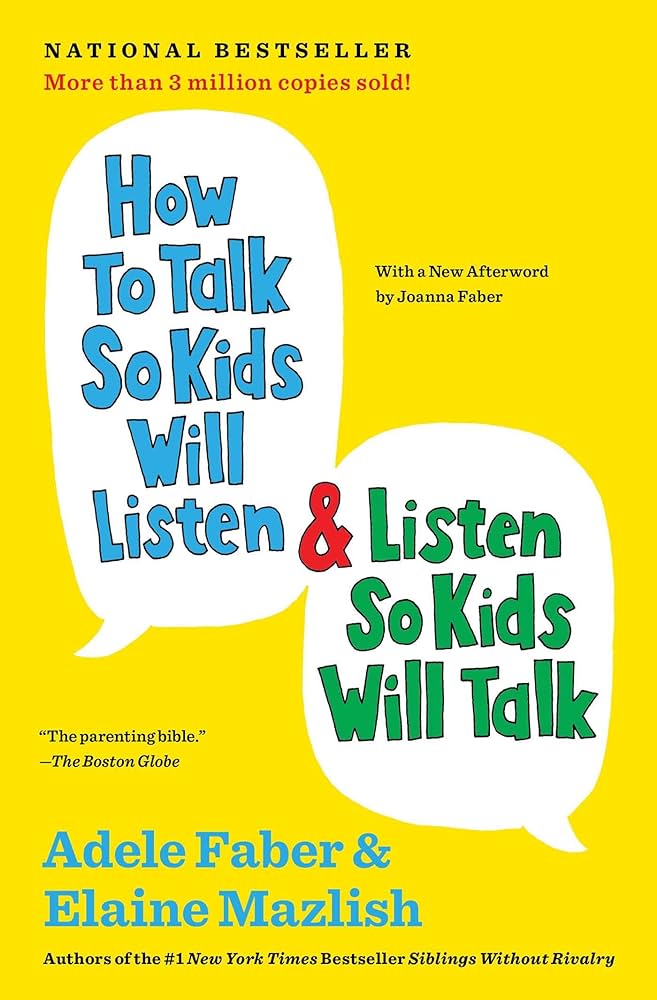
How to Talk So Kids Will Listen & Listen So Kids Will Talk by Adele Faber and Elaine Mazlish: A Comprehensive Guide
Introduction
How to Talk So Kids Will Listen & Listen So Kids Will Talk by Adele Faber and Elaine Mazlish is a groundbreaking book that provides parents with practical skills for effective communication with their children. This article explores the key insights, strategies, and techniques from the book, offering a comprehensive guide to improving parent-child communication.
Understanding the Importance of Effective Communication
Effective communication is crucial in building a strong parent-child relationship. It helps in understanding the child's needs, fostering mutual respect, and creating a positive environment.
Key Insights from the Book
The book emphasizes several core principles of communication:
- Acknowledging feelings without judgment
- Engaging cooperation without nagging
- Encouraging autonomy
Strategies for Effective Communication
Faber and Mazlish offer a range of strategies to enhance communication with children. Some of the most effective methods include:
| Strategy | Description |
|---|---|
| Active Listening | Fully concentrating on what the child is saying and showing empathy. |
| I-Messages | Expressing your own feelings and needs without blaming or criticizing. |
| Problem-Solving | Working together to find mutually acceptable solutions to conflicts. |
Implementing the Techniques
To effectively implement these techniques, parents need to practice consistently and be patient. Here are some practical steps:
- Practice Active Listening by giving full attention to your child when they speak.
- Use I-Messages to communicate your feelings without accusing.
- Engage in Problem-Solving by discussing solutions together.
Case Studies
Let's look at some real-life examples where these techniques have been successfully applied.
Case Study 1: Handling Tantrums
A mother used active listening to calm her child's tantrum by acknowledging his feelings and validating his emotions.
Case Study 2: Encouraging Cooperation
A father used I-Messages to express his frustration about a messy room, leading to a more cooperative attitude from his daughter.
Case Study 3: Promoting Autonomy
Parents encouraged their child to make decisions about their own activities, fostering a sense of independence and responsibility.
Conclusion
How to Talk So Kids Will Listen & Listen So Kids Will Talk offers invaluable insights and practical techniques for improving parent-child communication. By acknowledging feelings, engaging cooperation, and encouraging autonomy, parents can build stronger, more respectful relationships with their children.
Focus Keywords
Effective communication, parent-child relationship, active listening, I-Messages, problem-solving, acknowledging feelings, engaging cooperation, encouraging autonomy.
References
Faber, A., & Mazlish, E. (1980). How to Talk So Kids Will Listen & Listen So Kids Will Talk. New York: Scribner.
For more articles on parenting and book reviews, visit our website and blog.



